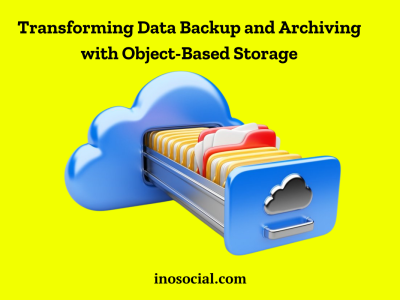For entrepreneurs, the world of business is often an intricate dance of strategic decisions, and among the most significant is navigating the realm of commercial real estate. Commercial real estate loans can be a powerful tool for business expansion, providing the financial means to secure the right physical space for growth. In this comprehensive guide, we embark on a journey through the ins and outs of commercial real estate loans, offering insights and practical advice for entrepreneurs seeking to make informed decisions.
Understanding Commercial Real Estate Loans
At its core, a commercial real estate loan is a financial instrument designed to assist entrepreneurs in acquiring or refinancing properties for business purposes. From traditional mortgages to specialized loans like SBA 504, entrepreneurs have a range of options to explore. Eligibility criteria often hinge on factors such as creditworthiness, business stability, and the specific type of property being financed. When considering these options, consulting with a trusted registered money lender can provide valuable guidance tailored to individual business needs.
Assessing Business Needs and Property Types
Before delving into the world of commercial real estate loans, entrepreneurs must first assess their business needs and identify the type of property that aligns with their goals. Whether it’s office space, retail locations, or industrial facilities, different loan options cater to specific property types. Aligning the loan choice with the business’s nature and aspirations is key to a successful financing journey.
- The Application Process
Navigating the application process for a commercial real estate loan involves meticulous preparation. Entrepreneurs should gather essential documents, including business financial statements, personal financial information, and details about the property. Engaging with lenders requires a clear presentation of the business’s financial health and future prospects, increasing the chances of a smooth application process.
- Loan Terms and Interest Rates
Understanding the terms and interest rates associated with commercial real estate loans is crucial for making informed decisions. Entrepreneurs should delve into the specifics of loan terms, repayment structures, and interest rate options. Evaluating the long-term financial impact of these factors ensures that the chosen loan aligns with the business’s financial strategy and growth trajectory.
- Risks and Mitigation Strategies
As with any financial endeavor, commercial real estate financing comes with its set of risks. Entrepreneurs must identify potential challenges and implement mitigation strategies. Whether it’s market fluctuations, unforeseen expenses, or changes in business conditions, a proactive approach to risk management is essential for long-term success.
- Case Studies
Real-life case studies offer a glimpse into the journeys of entrepreneurs who have successfully utilized commercial real estate loans. These stories provide valuable insights into the challenges faced, the strategic decisions made, and the positive impact of securing the right property for business growth. Learning from the experiences of others is a valuable aspect of this comprehensive guide.
- Expert Advice and Industry Trends
Financial experts lend their perspectives on navigating the complex landscape of commercial real estate financing. Their insights encompass current industry trends, advice on making informed decisions, and strategies for adapting to a dynamic real estate market. The human touch of expert advice adds a layer of practical wisdom to the guide, making it relatable and actionable for entrepreneurs.
- Government Programs and Incentives
Entrepreneurs can tap into government-backed programs and incentives to support their commercial real estate endeavors. Understanding the available resources, such as SBA loan programs or tax incentives, can significantly impact the financial feasibility of a real estate investment. This section explores how entrepreneurs can leverage government initiatives to propel their business growth.
- Planning for the Future
The journey doesn’t end with securing a commercial real estate loan; entrepreneurs must plan for the future. This involves creating a long-term financial strategy that considers potential expansion, refinancing options, and the role of commercial real estate in overall business sustainability. Forward-thinking planning ensures that the benefits of real estate investments extend well into the future.
Conclusion
As we conclude this comprehensive guide, entrepreneurs are encouraged to view commercial real estate financing not just as a financial transaction but as a strategic move for business growth. By exploring the nuances of commercial real estate loans, understanding the unique needs of their businesses, and leveraging expert advice and industry trends, entrepreneurs can embark on a journey that transforms their aspirations into tangible, sustainable success. The world of commercial real estate awaits, and with the right knowledge, entrepreneurs can navigate it with confidence and purpose.












